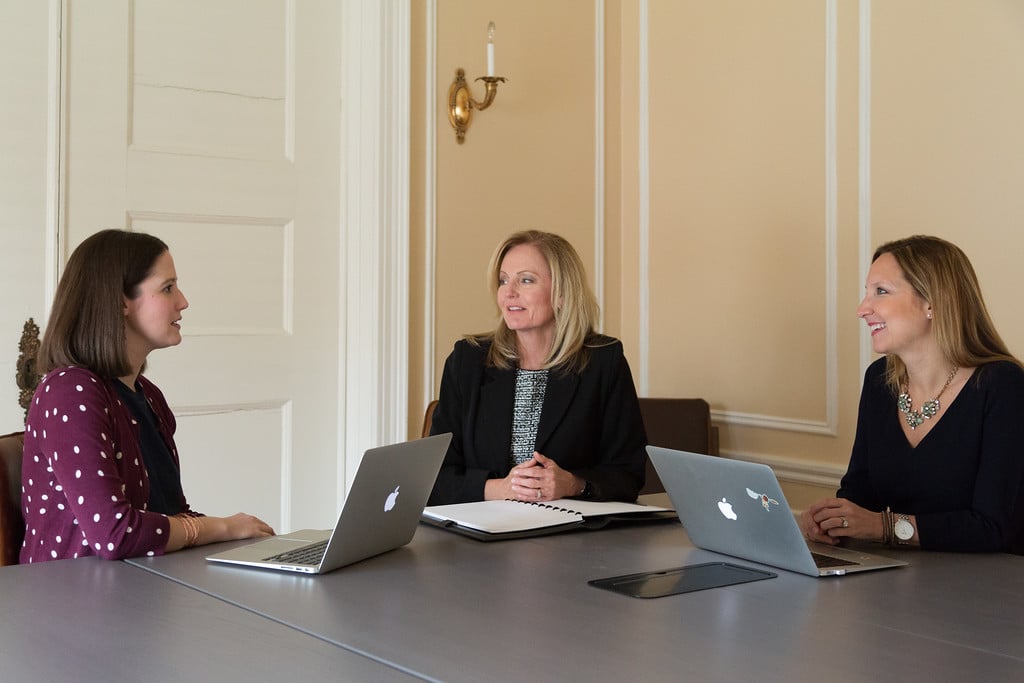Today, we are going to tackle the question – Why do experienced lawyers have such a hard time estimating legal fees?
What’s this going to cost me? It’s a fair and appropriate question that usually comes up early in the conversation at Stock Legal regarding a new deal or legal project. How to answer the question of cost is not a new issue. The typical lawyer’s response is to take a deep breath and start in on the long list of variables in every transaction, his or her experience with similar deals in the past, and a few stories of transactions that went off the rails. The narrative will eventually wind around to a price — a range that is often so wide as to be meaningless: “for transaction like this you’d usually end up somewhere in the range of ten to thirty thousand dollars, but it could also be a lot more or a lot less, depending…”
We’ve done this ourselves and we’re not knocking it. Under the traditional legal service delivery model, this is the best answer we can give. Right there you have the classic disconnect between legal skill and experience and the ability to offer meaningful time and cost estimates.
Most clients fail to realize that much of the law is not black and white, and deal work is never black and white. Every transaction exists in different circumstances, with different parties, relationships, personal dynamics, motivations, and financial factors. Every transaction has unique requirements of the legal team guiding the transaction. There are best practices and necessary legal tools, but that’s often the only “black and white” of a deal.
Under the traditional model of legal services, the more experience a lawyer has, the harder it can be to provide a straightforward estimate for the costs of a potential transaction. That sounds like an oxymoron, but it is accurate . . . We experienced lawyers know all the ways the deal can go sideways, upside down, inside out, and in circles for months! We’ve seen it happen. The problems with this approach are obvious: it’s hard for the client to explain and justify writing a law firm a blank check to stakeholders, and to plan for the expense.
From a straight M&A perspective, this is a difficult problem to fix without rethinking the whole model for delivery of M&A services. While every transaction is different, our experience has shown that there are significant commonalities that we’ve categized and automated across transactions. While experience has certainly exposed us to a wide array of complicating factors, it has also given us the ability to predict, analyze and account for complications when planning a transaction. We believe that it’s possible to reliably define and plan for the M&A services required for a particular project through a clear and consistent model for planning and delivering our work taking a phased approach to fixed fees where we learn more about the deal during each phase (de-risking for everyone the fixed fee process).
Better Planning on our Side Means Smoother Transactions for Clients
We start projects with a thorough evaluation and issue spotting, using the strengths of the team to set a proper foundation and gain vision into the entire life cycle of a transaction. With this insight, we develop a comprehensive plan in which we identify and account for all necessary components of the transactions, entity formations, diligence, licenses, consents, and foreseeable complications and delays. When we catch potential complications and issues early, we can schedule them into the plan efficiently. By planning for known issues like negotiations, real estate and employment issues, government interaction, assignments, consents, lenders, and other expert help requirements, we incorporate those into all of the documentation from the earliest drafts. This saves an enormous amount of time and money compared to the standard model of halting the process when a problem is discovered, waiting on experts, or third-party action, negotiating a solution, and then redrafting agreements to paper over problems. Over and over again . . .
Our Fixed Fee M&A program is founded on forming a highly collaborative and open working relationship with our clients. In doing so, we create a holistic deal team empowered with efficient workflows, open communication, and clear direction. A comprehensive plan with appropriate accountabilities and responsibilities for both lawyer and client allows us to access tremendous efficiencies and avoid duplication of effort.
Avoiding One Size Fits All
While we are big proponents of fixed fee legal services, we acknowledge that it is not appropriate for every deal. We work with our clients to identify factors that would keep a deal from working in our fixed fee program, and we will be candid about this when it comes up. Careful assessment and selection of deals appropriate for the process is key to maintain quality and carry out the goal of offering complex legal services on a fixed fee rather than becoming a one size fits all or forms-based service.
Project Planning creates a More Efficient M&A Process
Once we’ve determined a project is appropriate for our fixed fee program, process consistency and communication combine with proactive planning make for reliable execution with minimal delays and bottlenecks. Our technology stack supports communication and logistics to ensure an efficient process that minimizes error re-work and time spent looking for information. A collaborative team approach means that all of our lawyers have access to the experience, knowledge, and resources of one another with minimal friction or handoff time, and no additions to a client’s bill.
Experience in Administration
Stock Legal’s history of leadership in fixed fee corporate work has given us a depth of experience to carry out each of the components of the plan. By starting with a clear picture of the desired outcome and control for all risk factors we can, we develop a good picture of how that is done based on the documents required to in a Mergers and Acquisitions project and the transaction phases we expect to carry out. Setting the fee comes down to developing a comprehensive plan to carry out a project at a high standard, and the confidence that we can execute that plan with precision and efficiently.
So, what’s this going to cost you? It still depends, but let’s talk about your transaction, do a little planning, and we’ll let you know before we get started.
Up Soon: What’s this going to cost me? A case study.





